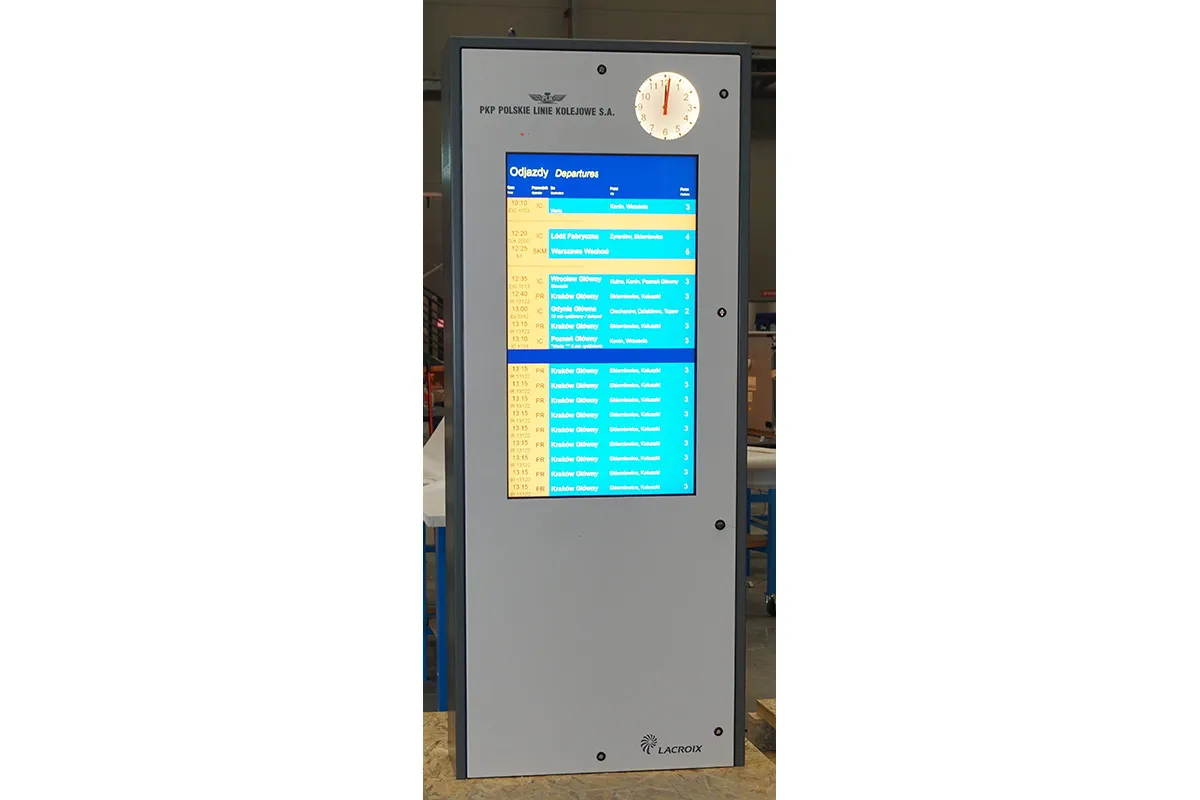Siemens says the lab will mainly focus on new technologies such as connected and self-driving vehicles, advanced traffic management systems, multimodal transportation, shared mobility, electric bike-sharing and fleet management.
Located in downtown Austin, the lab’s software developers and data scientists will develop solutions which seek to improve traffic flow, reduce unplanned congestion, and ensure better safety for the cities’ drivers, cyclists and
pedestrians, the firm says.
Marcus Welz, president of Siemens ITS in the US, insists the amount of data that the company is collecting will be valuable for transport operators.
“The key is to help them by translating the data into the right urban mobility solution or application to ultimately solve real world mobility problems - and that’s what this ITS Digital Lab is going to do,” Welz adds.
Siemens Mobility unveils Digital Lab for ITS in Texas
Siemens Mobility has opened a Digital Lab for Intelligent Traffic Systems in Texas to collect and analyse data to develop digital urban mobility technologies.
Siemens says the lab will mainly focus on new technologies such as connected and self-driving vehicles, advanced traffic management systems, multimodal transportation, shared mobility, electric bike-sharing and fleet management.
Located in downtown Austin, the lab’s software developers and data scientists will develop solutions which seek to imp
March 14, 2019
Read time: 2 mins










